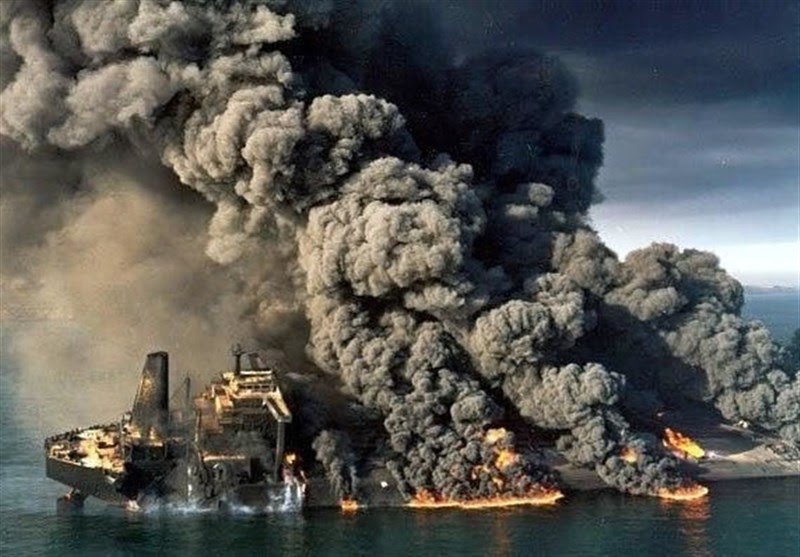
Oil spills can have devastating effects on marine and coastal wildlife, including birds, dolphins, and sea lions. Here’s a look at how these spills impact these species.
Birds
Birds are among the most visibly affected by oil spills. When oil coats their feathers, it disrupts their ability to insulate and waterproof themselves. This can lead to hypothermia, as birds lose their natural body heat. Ingesting oil while preening can cause internal damage, leading to organ failure or poisoning. Additionally, oil spills can destroy nesting habitats, reducing breeding success. For species like the Common Murre and the American Oystercatcher, which rely heavily on healthy coastal ecosystems, the long-term impacts can be dire.
### Dolphins
Dolphins are highly vulnerable to oil spills due to their position in the marine food web. Oil contamination affects their prey, including fish and invertebrates, which can become toxic when exposed to oil. Dolphins may also inhale toxic vapors from the oil, leading to respiratory issues. Studies have shown that exposure can result in compromised immune systems, making them more susceptible to diseases. Moreover, the stress caused by oil spills can disrupt their social structures and breeding behaviors, further threatening population stability.
### Sea Lions
Sea lions face similar threats from oil spills. Their fur is crucial for insulation, and when oiled, it loses its effectiveness, increasing the risk of hypothermia. Like birds, sea lions may ingest oil while grooming, leading to health issues such as liver damage and gastrointestinal problems. The decline in prey availability due to contaminated waters can lead to malnutrition and lower reproductive rates. Additionally, oil spills can interfere with breeding grounds, further endangering their populations.
### Ecosystem Interconnections
The impact of oil spills extends beyond individual species. Birds, dolphins, and sea lions are all part of a complex marine ecosystem that relies on healthy water and food sources. The loss of any one species can have ripple effects throughout the ecosystem, affecting predator-prey relationships and overall biodiversity. Furthermore, oil spills can lead to long-term ecological changes, altering habitats and food webs that take years or even decades to recover.
In conclusion, oil spills pose a significant threat to birds, dolphins, and sea lions. Their impacts are multifaceted, affecting individual health, reproductive success, and the overall integrity of marine ecosystems. Effective response and recovery efforts are crucial to mitigate these impacts and protect vulnerable wildlife populations.
Leave a Reply